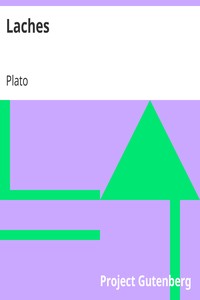| Summary |
"Laches by Plato" is a philosophical dialogue written in the early 4th century BC. This work delves into the nature of courage and its implications in the moral education of youth. The dialogue is set among the characters Lysimachus, Melesias, Nicias, Laches, and Socrates, focusing on the reflections and teachings surrounding the topic of courage as both a virtue and a vital component of effective military training. In the dialogue, the two fathers, Lysimachus and Melesias, seek guidance from experienced generals Nicias and Laches on how best to educate their sons. They debate whether the skill of fighting in armor should be considered valuable education. Socrates joins the conversation, leading to a deeper exploration of what constitutes true courage. Laches offers a practical view, suggesting that courage is simply enduring hardship without fleeing, whereas Nicias insists that courage is intertwined with knowledge and understanding of fear. Throughout their discussion, they find themselves in continuous philosophical examination, ultimately concluding that their understanding of courage remains insufficient. Socrates encourages the group to seek better education for themselves and their children, leading to a realization of their own ignorance and desire for learning, emphasizing that true virtue, including courage, encompasses wisdom and knowledge of good and evil. (This is an automatically generated summary.)
|

